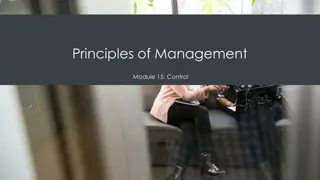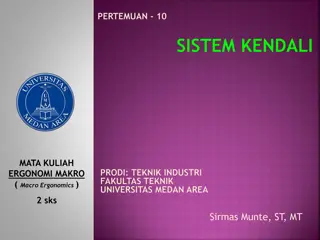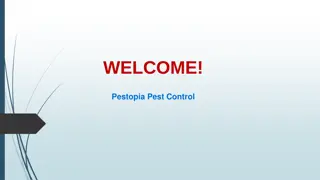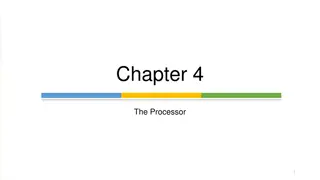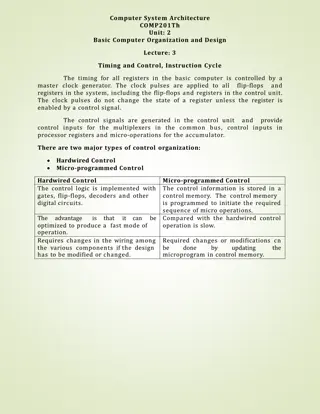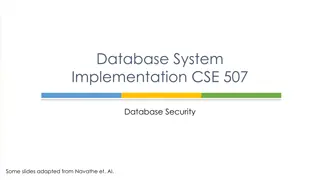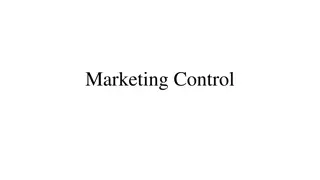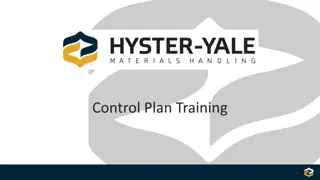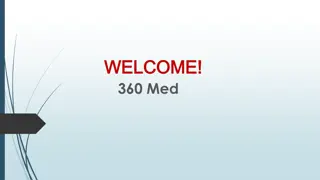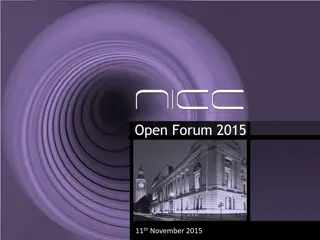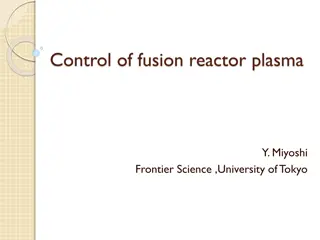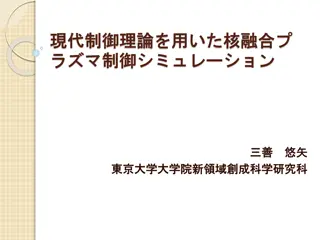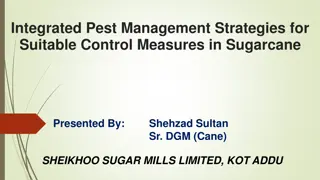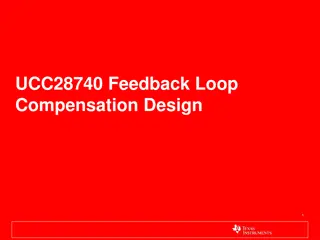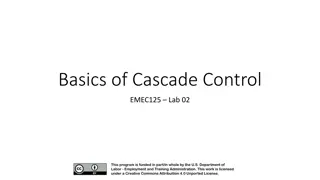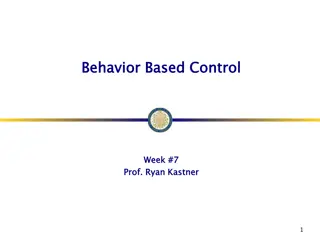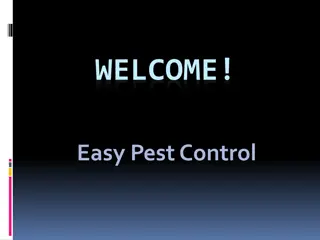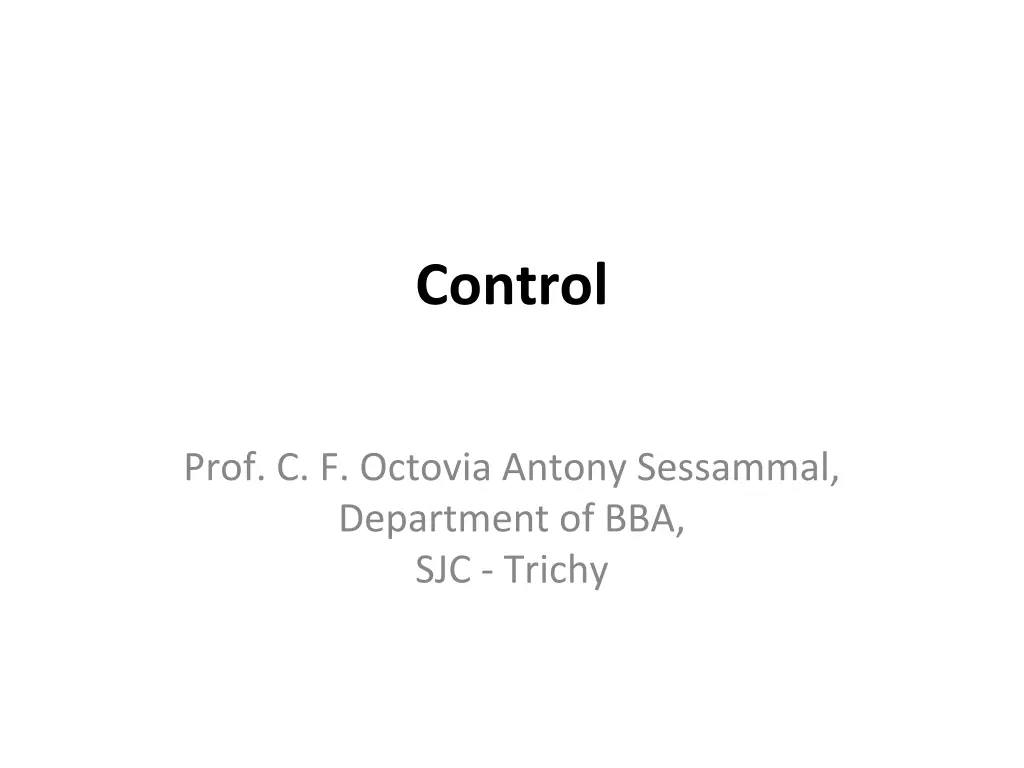
Understanding Control in Management: Key Concepts and Characteristics
Explore the concept of control in management, including definitions, characteristics, steps in the control process, and requirements of an effective control system. Learn how control ensures progress and performance align with plans, guiding managers in achieving organizational goals efficiently.
Download Presentation

Please find below an Image/Link to download the presentation.
The content on the website is provided AS IS for your information and personal use only. It may not be sold, licensed, or shared on other websites without obtaining consent from the author. If you encounter any issues during the download, it is possible that the publisher has removed the file from their server.
You are allowed to download the files provided on this website for personal or commercial use, subject to the condition that they are used lawfully. All files are the property of their respective owners.
The content on the website is provided AS IS for your information and personal use only. It may not be sold, licensed, or shared on other websites without obtaining consent from the author.
E N D
Presentation Transcript
Control Prof. C. F. Octovia Antony Sessammal, Department of BBA, SJC - Trichy
Concept of Control According to Breach, "Control is checking current performance against predetermined standards contained in the plans, with a view to ensuring adequate progress and satisfactory performance." According to George R. Terry, "Controlling is determining what is being accomplished i.e., evaluating the performance and if necessary, applying corrective measures so that the performance takes place according to plans." According to Billy E. Goetz, "Management control seeks to compel events to conform plans". According to Robert N. Anthony, "Management control is the process by which managers assure that resources are obtained and used effectively and efficiently."
Characteristics of Control 1. Control is the function of every manager. 2. Control leads to appraisal of past activities. 3. Control is linked with future, as past cannot be controlled. 4. Control is concerned with setting standards, measurement of actual performance, comparison of actual performance with predetermined standards 5. Control implies taking corrective measures. 6. Control can be exercised only with reference to and or the basis of plans. 7. To some people, control is opposite of freedom. This is not true. 8. Information or feedback is the guide to control. 9. Control involves continuous review of standards of performance and results in corrective action which may lead to change in the performance of other functions of management. 10. Control is a continuous activity.
Requirements of effective control system Feedback Objective Suitability Prompt reporting Forward looking Pointing out exceptions Flexible Economy Motivation


